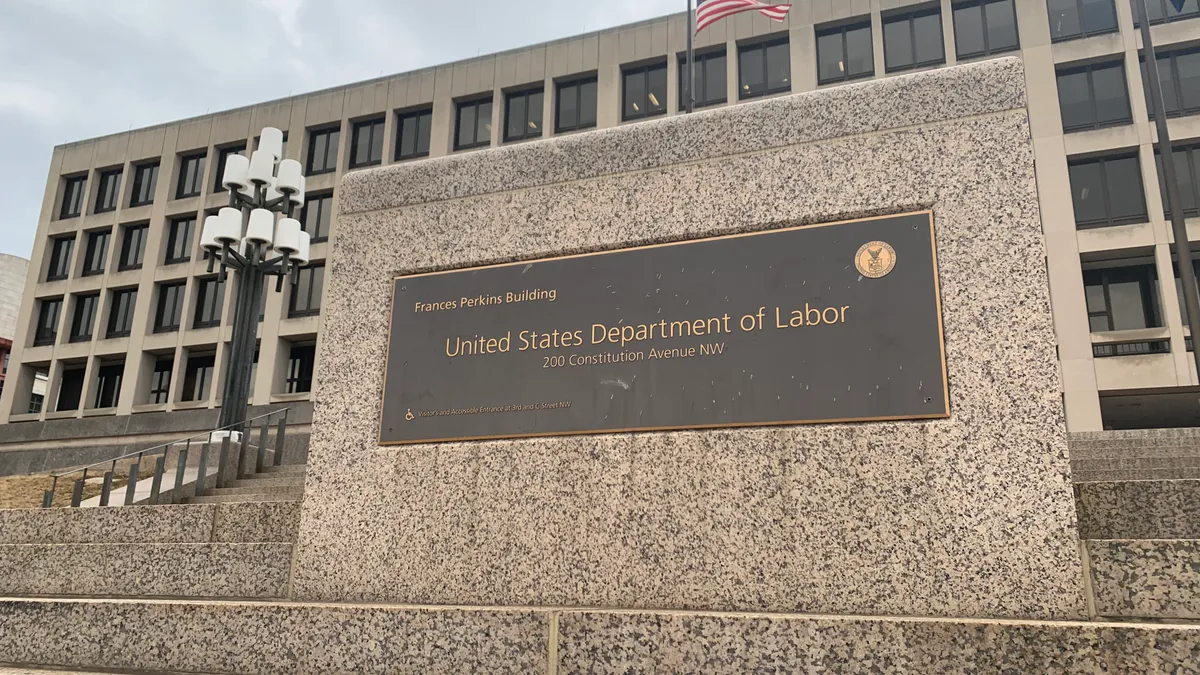Dive Brief:
- The U.S. Department of Labor announced Nov. 28 that it will assess child labor civil monetary penalties for nonserious injury and noninjury violations of the Fair Labor Standards Act’s on a per violation basis, rather than on a per child basis as it had previously done.
- In a Field Assistance Bulletin, DOL Wage and Hour Division Administrator Jessica Looman said that the change would help the agency “fully utilize its statutory and regulatory authority” when assessing violations. The change applies to any injury requiring treatment no more extensive than first aid, and that results in missed school or work or in curtailed normal activities for less than five days.
- Looman said officials would assess penalties up to the maximum statutory cap of $15,138 per violation, taking into account “gravity” factors and the size of the business.
Dive Insight:
Last week’s update represents a slight regulatory shift for DOL amid the agency’s visible child labor law enforcement efforts this year.
Just weeks into 2023, DOL announced that Wisconsin-based meat processing facility operator Packer Sanitation Services Inc. had paid more than $1 million in penalties over child labor violations affecting at least 102 children employed in hazardous occupations. The department followed up the PSSI news by announcing it had formed an interagency task force on child labor exploitation with the U.S. Department of Health and Human Services.
By the end of July, DOL reported that the number of child labor violations increased 44% from the same point in 2022, while the number of penalties had increased 87%. It took action against employers in a variety of industries, including auto manufacturer Hyundai Motor Group, a Nevada owner and operator of Sonic Drive-In restaurants and a trio of poultry processing companies in California.
DOL provided an update on the latter case Monday, announcing that the poultry companies agreed to pay some $3.8 million in back wages, damages and penalties for allegedly endangering workers as young as 14.
At the same time, some state and local governments have enacted laws to relax child labor restrictions. But sources previously told HR Dive employers, a sister publication of Supply Chain Dive, that deciding to take advantage of relaxed restrictions may still result in training, safety and compliance concerns.
















